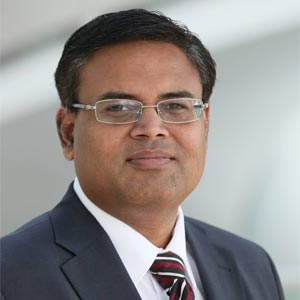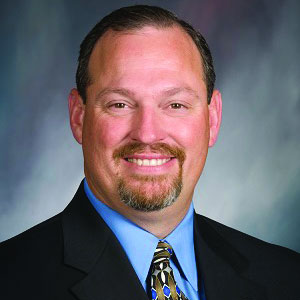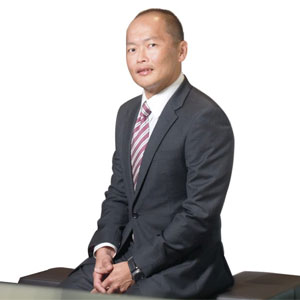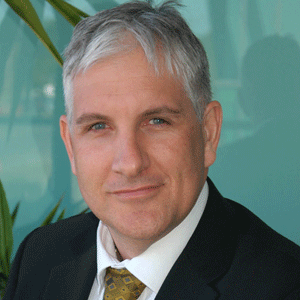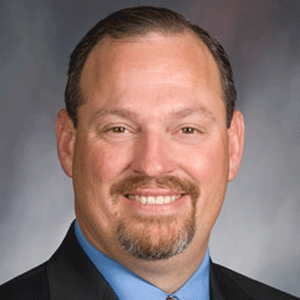THANK YOU FOR SUBSCRIBING
Editor's Pick (1 - 4 of 8)

Data, Diagnostics, Drugs & Doctors How Digital Technology is Revolutionizing Healthcare
Benjamin Seet, Deputy Group CEO, National Health Group

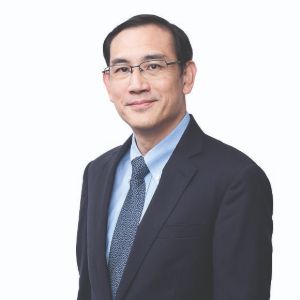
Benjamin Seet, Deputy Group CEO, National Health Group
IBM was willing to bet big on this moonshot, investing $1 billion to start the Watson Group in 2014, and making a series of acquisitions including Explorys, Phytel, and Truven Health Analytics, with the promise of giving the world its best diagnostician. By April 2019, Watson halted its drug discovery programme in the face of sluggish sales, to double down on Watson Health, where it faced problems contextualizing the medical literature into actionable decisions in a real clinic setting. Ping An Good Doctor, the one-stop online healthcare “ecosystem” backed by Ping An Insurance Group, has now signed up 300 million registered users (or one in every three Chinese internet users), with the goal to provide every person with an e-profile and healthcare management plan. Machine learning can also transform medical imaging, with new innovations to read x-rays and CT scans. Selena+ (Singapore Eye Lesion Analyser Plus), a deep learning system, has been trained to detect diabetic eye diseases in retinal images, and is set to be introduced in public clinics across Singapore.
Insilico Drug Development
Ex-FDA Commissioner Scott Gottlieb said drug development is on an “unsustainable path where the cost of drug development is growing enormously”. A study published in the Journal of Health Economics put post-approval R&D costs at $2.87B in 2013, up from $802 million in 2003, or a 145 percent increase. This can be attributed to the high attrition rate, with as many as 90 percent of potential lead compounds failing to reach clinical trial. Companies like Benevolent AI, Insilico Medicine and Engine Biosciences, have combined scientific and clinical data with deep learning to accelerate and improve the drug discovery process. For example, Insilico has successfully used generative adversarial networks and reinforcement learning (GENTRL) to discover 6 new lead molecules in just 21 days, a number which have since been validated in cell assays and with animal models. What is laudable was Insilico’s decision to make GENTRL open source and accessible.
Digital Animals
Animal testing has been a cornerstone for medical research for decades. Today, they remain vital to determine safety and efficacy of new drugs before starting human trials, although critics argue that lab animal models are unreliable predictors for human responses. While the European Union has issued a ban on animal testing for cosmetics since 2013, it rejected a subsequent call to expand the ban to their use in medical research. Nonetheless, both the FDA and EMA have advocated for the reduction of animals for medical research as well as for developing new test methods. The University of Oxford has now developed computational models of human heart cells, and claims that they have higher accuracy in predicting adverse drug reactions such as arrythmias. On a grander scale, the Comp BioMed project brings together academics, clinicians and industry to develop a “virtual human” that can be a predictive model for health and disease.
CyberDrugs
Substance abuse is a major cause of morbidity and death, and has in fact, contributed to a decline in life expectancy of the US population for the first time since World War I. It also costs the US an estimated $740 billion in healthcare, crime, and lost productivity. One barrier to individuals seeking help is the associated stigma and discrimination, as well as the long process for rehabilitation. One milestone is the recognition that substance abuse is as much a medical disorder, as it is a behavioral choice. In 2018, FDA approved the first software-only digital treatment, for Pear Therapeutics to provide its reset cognitive behavioral therapy for substance use disorder. This was subsequently extended to treatment of opioid use disorder. Akili integrates neuroscience and videogames to improve cognitive function in diseases like depression, autism and attention-deficit/ hyperactivity disorder. While this field remains nascent, its value is particularly prominent in conditions that benefit from continuous engagement to raise patient compliance.
Conclusion
The convergence of science, medicine and data provides new tools and technologies that could reinvent how healthcare is developed and delivered. This could change clinical outcomes and transform the patient’s healthcare journey. At the same time, such technologies currently come at high cost, widening the already huge divides in healthcare access and standards of care. There is a need for sensible, evidence-based and sustainable solutions that cut though the noise, hype and promises. When looking for a yardstick for success, answer a simple question. Does it make the patient’s life better?
Biotechnology Has Introduced New Approaches to Therapy, Such As Precision Medicine, Cell, and Immune Therapy and Gene Editing, Giving Doctors the Potential to Cure the “Incurable
Weekly Brief
I agree We use cookies on this website to enhance your user experience. By clicking any link on this page you are giving your consent for us to set cookies. More info
Read Also
Modernizing Lending Through Innovative, Secure and Scalable Technology
Steven Meek, Chief Information Officer, Pepper Money
Advancing the Chemical Industry through Digital Transformation
Jan Mandrup Olesen, Global Head of Digital Business, Indorama Ventures
Cultivating a Sustainable Future through Collaboration
Jiunn Shih, Chief Marketing, Innovation & Sustainability Officer, Zespri International
Mastering Digital Marketing Strategies
Tasya Aulia, Director of Marketing and Communications, Meliá Hotels International
Building a Strong Collaborative Framework for Artificial Intelligence
Boon Siew Han, Regional Head of Humanoid Component Business & R&D (Apac & Greater China), Schaeffler
From Legacy to Agility Through Digital Transformation
Athikom Kanchanavibhu, EVP, Digital & Technology Transformation, Mitr Phol Group
Change Management for Clinical Ancillary Teams: Aligning Practice with Policy and Progress
Ts. Dr. James Chong, Chief Executive Officer, Columbia Asia Hospital – Tebrau
Digital Transformation: A Journey Beyond Technology
John Ang, Group CTO, EtonHouse International Education Group



